We've all heard of Thomas Edison's process of inventing the lightbulb and the Wright Brothers' many attempts at inventing the first flyable airplane. We've even heard of the ridicule they heard of their ahead-of-their-time ideas.
But there are so many other examples of major scientific findings that were heavily argued against when they were first presented.
Redditor fuzzycuffs asked:
"Who was vilified in their time but in hindsight was completely right?"
Lead Contamination
"Doctor Clair Cameron Patterson not only discovered the true age of the Earth with his research in Lead-dating, but during this process, he accidentally discovered the dangers of lead contamination."
"Then he went, 'Wait, we’re putting this s**t in gasoline, cans, paint, etc.' He then began campaigning against lead in everyday products. In particular, he targeted the gasoline industry."
"You can imagine how that went in the courtroom. He was vilified, excluded, and slandered but kept pushing for lead to be removed from gasoline."
"It took decades, but obviously, lead was removed from gasoline almost entirely by 1990."
- honeybeebryce
The Importance of Scrubbing Out
"Joseph Lister, one of the first doctors to publicly endorse germ theory and recommend disinfection."
"At the time, surgeons would literally move from an amputation to an autopsy to the delivery room, using the same tools often without even cleaning the gore from their hands and clothes."
"When Lister recommended comprehensive disinfection between procedures, nearly the whole British medical community laughed at him. He spent years as a pariah gathering data from his own practice until he could finally prove beyond a shadow of a doubt that his methods reduced post-operation infection by a staggering rate."
"Now he's known as 'the father of modern surgery.'"
- SirKedyn
The Existence of Pangaea
"The guy who came up with the theory of Pangaea and continental drift."
- LABARATI
"Alfred Wegener. Not only that, we now have theories that Pangea was only one of the many supercontinents that have existed throughout the eons: Nuna, Rodinia, Pannotia..."
- Lihkhun
The Truth Behind Ulcers
"Barry Marshall (and also Robin Warren his co-researcher)."
"Forever, the cause of peptic ulcers was believed to be stress, spicy food, and too much acid production. They believed it was actually of bacterial origin."
"No one believed them, they were ridiculed because the belief was that bacteria couldn't survive in the acidic environment of the stomach."
"Not until Barry took a cocktail of H. pylori bacteria, which caused him to have massive inflammation of the stomach which was found to be colonized with the bacteria, but a course of antibiotics later and it was gone."
"One Nobel prize later and now the treatment of peptic ulcers is turned on its head, and instead of months or years of discomfort it can often be sorted with a week or two courses of antibiotics."
- Djiinjja-Ninja
Unalive Infectious Diseases
"Stanley Prusiner. Everyone who was anyone in science knew that proteins couldn't be an infectious agent. They weren't even alive!"
"He suffered so much mockery and skepticism... until the mad cow disease, and kuru etc., were found to be precisely what he had described."
- Common-Wish-2227
Medical Cross-Contamination
"Ignaz Semmelweis. The world didn’t know about germs yet, but he saw that way less women were dying from childbirth when midwives attended the births than when doctors did (doctors were coming from autopsies and wrecking women’s s**t)."
"Ignaz suggested they start washing their hands, and people lost their f**king minds. Doctors ridiculed him and everyone hated him. He had a 'nervous breakdown,' was committed to an insane asylum, beaten by the guards, and died from a gangrenous wound as a result of the beating."
- AhemExcuseMeSir
Sports and Steroids
"The journalists who maintained Lance Armstrong was doping when he was winning the Tour de France. I remember they were mocked because they admittedly went to extremes hunting for evidence. I remember reports of them sifting through Armstrong's trash."
"Lance Armstrong was a great story, a testicular cancer survivor who beat the disease and went on to set the record for most Tour de France victories (was it 7?). He was untouchable. Anyone contesting he was cheating was shamed."
"I remember the journalists investigating him were mostly French, so they were dismissed because they were sour that an American was breaking the Tour de France records. I remember other Tour winners such as Greg Le Mond and Floyd Landis also contesting that Armstrong was cheating, and both being silenced/shamed."
"Landis had tested positive himself for doping so he wasn't considered a reliable source. I remember with Le Mond they dug into his history and brought up child abuse he suffered as a result of him making claims against Armstrong."
"Turns out they were all right."
- SultanofShiraz
Tragic Genetic Defect
"Patricia Stallings comes to mind."
"She was convicted of poisoning her first child. She gave birth again in prison, the kid got taken away, and the kid also died."
"Instead of poisoning, it has since been found it was a genetic defect that had similar effects as poisoning with antifreeze."
- Wisely_0904
Radical Equality
"One of the lesser-known ones is Hellen Keller. Her story of overcoming her disabilities as a young woman was often taught to children, but her adult life was largely excluded because of her 'radical' ideas at the time which involved pushing for Black rights, anti-lynching laws, early support of birth control, supporting liberal socialism, and she even co-founded the American Civil Liberties Union."
- ObeseMorese
Overly Sweet Food
"John Yudkin was a food scientist who tried hard to push the idea that sugar caused heart disease and obesity amongst other conditions. He suggested a low-carb diet for weight loss in 1958."
"The sugar industry paid scientists like Ansel Keys and D. Mark Hegsted to downplay this connection and suggest that dietary fat caused obesity and heart disease. Massive lobbying helped pro-sugar scientists to become advisors to the government and officially suggest a low-fat diet to prevent heart disease."
"Taking fat out of food makes it taste bad, so what do they add? More sugar, causing the food to be unhealthier. The demonizing of fat lasted well into the 2000s and often still persists to this day."
- Fallenangel152
Copernicus Called
"Nicolaus Copernicus theorized that the planets actually circled the sun instead of the other way around. The church initially accepted heliocentricacy but banned his views in the 1600s."
- buckmaster86
"He will forever be remembered for setting up one of my favorite insults of all time: 'Copernicus called. It turns out you're not the center of the universe.'"
- GullibleToe_9909
Unfiltered Water
"John Snow. He tried to remove the handle of a water pump in London that was drawing its water downstream from a sewage pipe. People who drew water from the pump caught cholera."
- PsychologyStock8353
No Nuclear Ruin
"Stanislav Petrov. More people need to know his name, he literally, like quite literally saved the world."
"He saved the world from nuclear ruin, simply because he was stubborn and refused to believe the computing error. He went against his position orders and was consequently sacked by the USSR and lived an isolated life. Not necessarily vilified by all, but vilified by the USSR and ignored by the West. It put some respect on his name."
"And he didn't even win a Nobel peace prize, died in 2017. I recommend watching 'Stanislav Petrov, the man who saved the world.'"
- Weebla
Reluctant Darwinism
"Charles Darwin. There’s a whole book on how scared he was to publish his work because he knew he’d be hated for it. The Reluctant Mr. Darwin by David Quammen."
- catmandude123
Too Soon, But Also Not
"The Deep-sea exploration community warning OceanGate against ocean tourism. OceanGate basically told them to mind their business."
- redman9000
As painful as many of these revelations are, this whole series is a great reminder of the fact that we, as individuals and as a society and as a global community, will never know everything.
We'll never stop learning, and sometimes, no matter how extreme the consequences, we will be wrong.

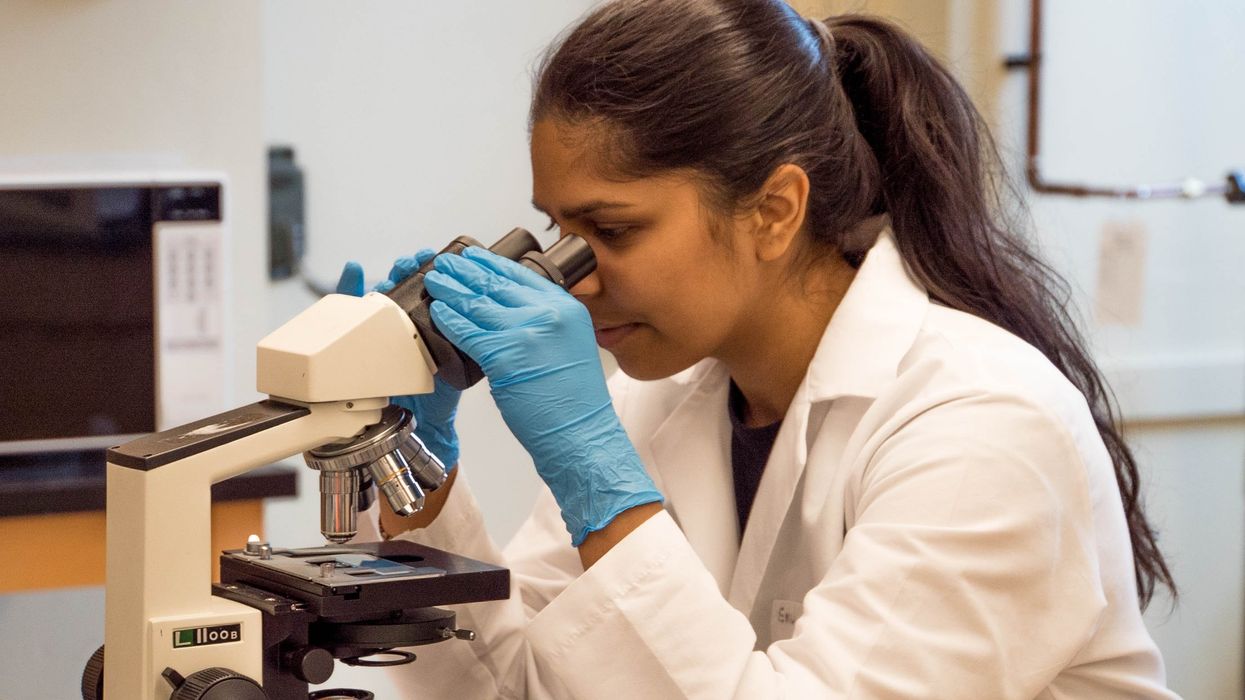

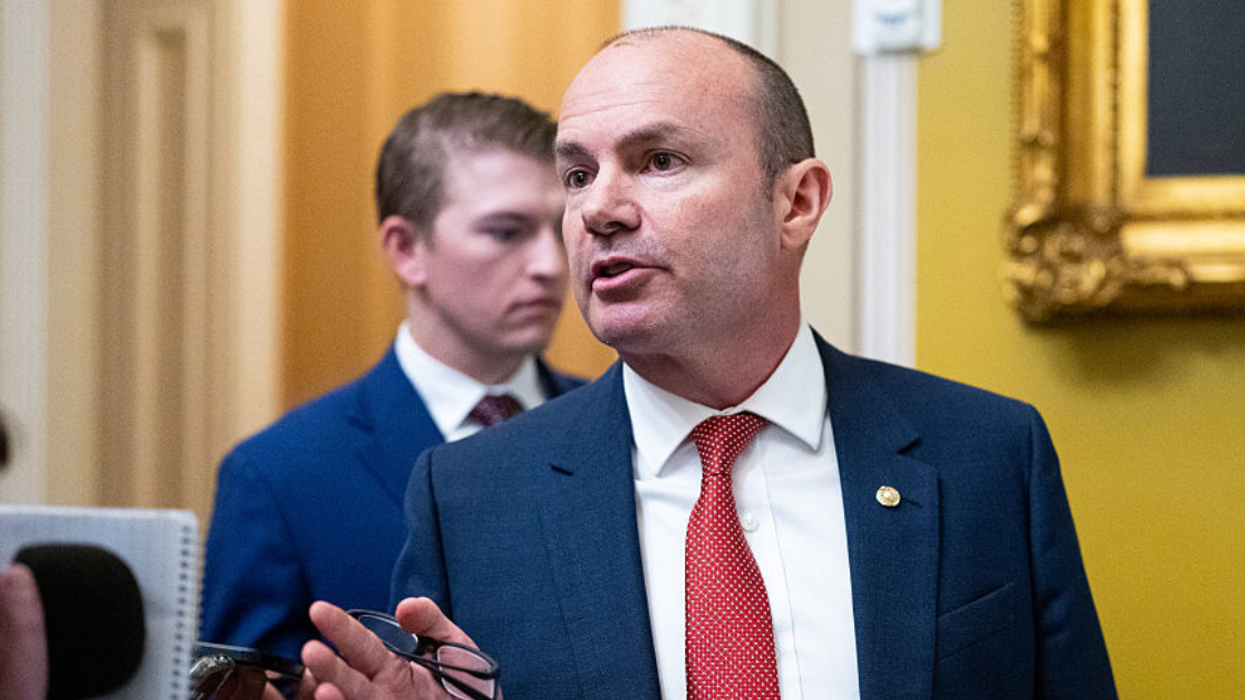




 @cassdamm/TikTok
@cassdamm/TikTok @cassdamm/TikTok
@cassdamm/TikTok @cassdamm/TikTok
@cassdamm/TikTok @cassdamm/TikTok
@cassdamm/TikTok @cassdamm/TikTok
@cassdamm/TikTok @cassdamm/TikTok
@cassdamm/TikTok @cassdamm/TikTok
@cassdamm/TikTok @cassdamm/TikTok
@cassdamm/TikTok @cassdamm/TikTok
@cassdamm/TikTok @cassdamm/TikTok
@cassdamm/TikTok
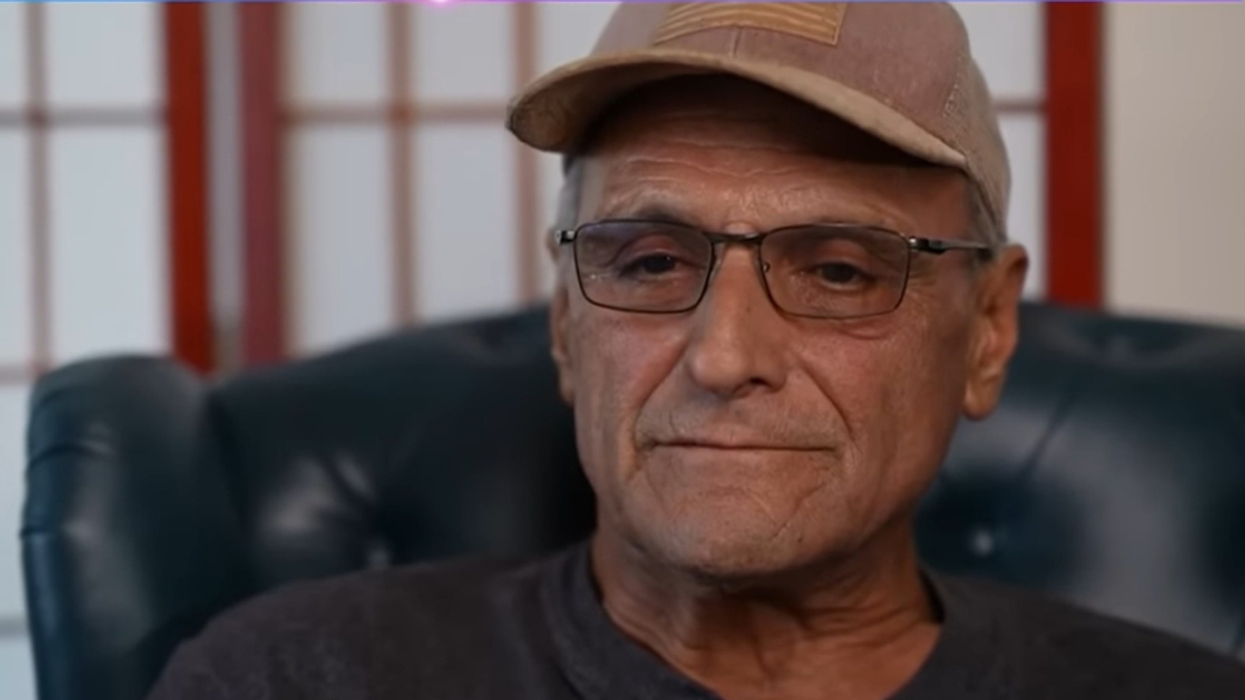
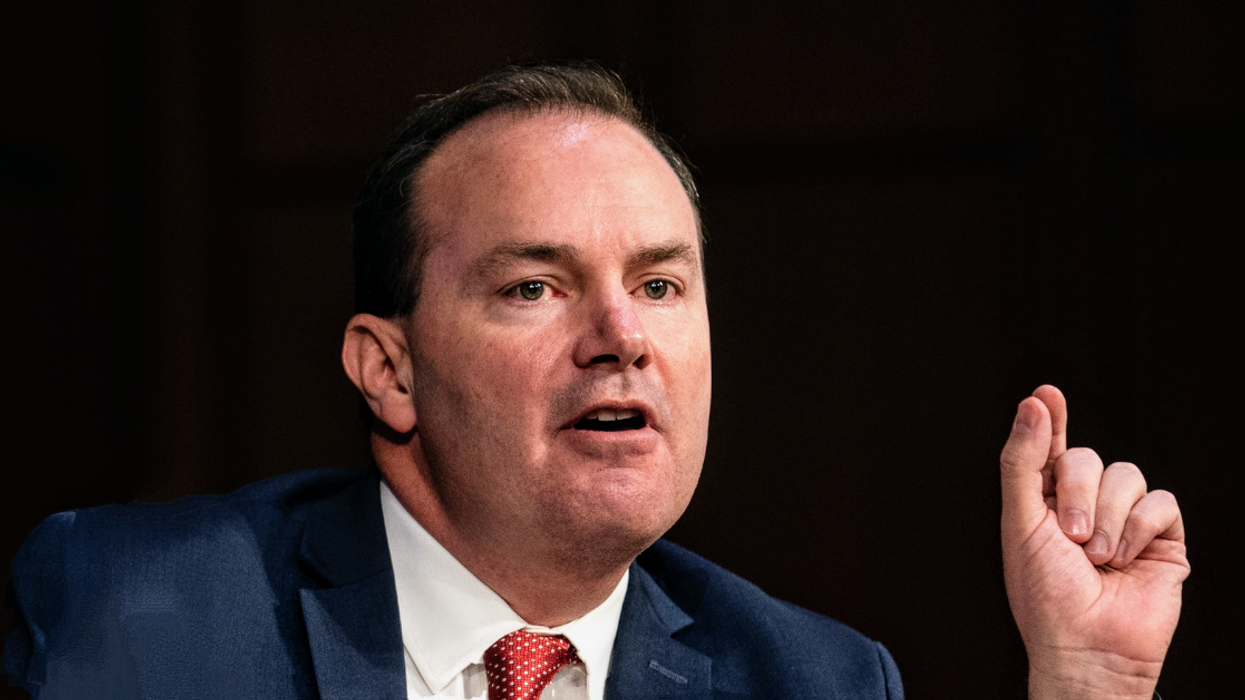



 @im.krispy/TikTok
@im.krispy/TikTok @im.krispy/TikTok
@im.krispy/TikTok @im.krispy/TikTok
@im.krispy/TikTok @im.krispy/TikTok
@im.krispy/TikTok @im.krispy/TikTok
@im.krispy/TikTok @im.krispy/TikTok
@im.krispy/TikTok @im.krispy/TikTok
@im.krispy/TikTok @im.krispy/TikTok
@im.krispy/TikTok @im.krispy/TikTok
@im.krispy/TikTok @im.krispy/TikTok
@im.krispy/TikTok @im.krispy/TikTok
@im.krispy/TikTok @im.krispy/TikTok
@im.krispy/TikTok
 @budget.audit.save/TikTok
@budget.audit.save/TikTok @budget.audit.save/TikTok
@budget.audit.save/TikTok @budget.audit.save/TikTok
@budget.audit.save/TikTok @budget.audit.save/TikTok
@budget.audit.save/TikTok @budget.audit.save/TikTok
@budget.audit.save/TikTok @budget.audit.save/TikTok
@budget.audit.save/TikTok @budget.audit.save/TikTok
@budget.audit.save/TikTok @budget.audit.save/TikTok
@budget.audit.save/TikTok @budget.audit.save/TikTok
@budget.audit.save/TikTok @budget.audit.save/TikTok
@budget.audit.save/TikTok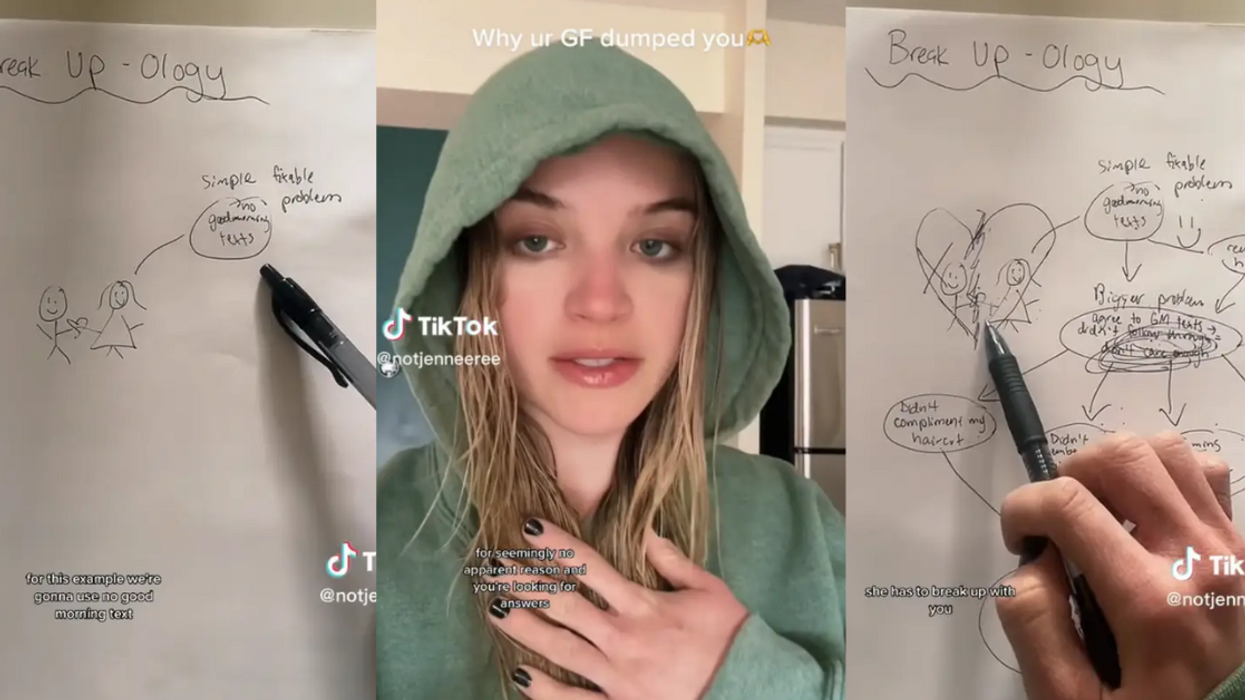
 @_OTSDR_/X
@_OTSDR_/X
 @bobbyflay/Instagram
@bobbyflay/Instagram @carsondaly/Instagram
@carsondaly/Instagram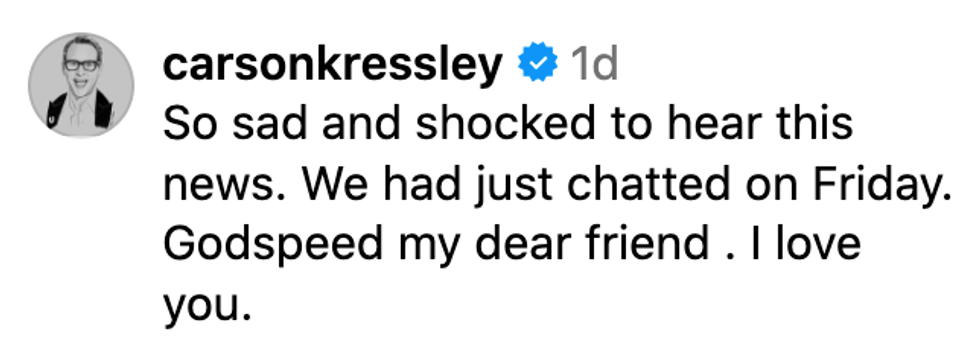 @carsonkressley/Instagram
@carsonkressley/Instagram @themarklong/Instagram
@themarklong/Instagram @steph_cooks_stuff/Instagram
@steph_cooks_stuff/Instagram @chefchrisvaldes/Instagram
@chefchrisvaldes/Instagram @lorilizabeth/Instagram
@lorilizabeth/Instagram @shanna_belcamino/Instagram
@shanna_belcamino/Instagram @fullmetal6287/Instagram
@fullmetal6287/Instagram @amyx12/Instagram
@amyx12/Instagram @gothboithrift/Instagram
@gothboithrift/Instagram